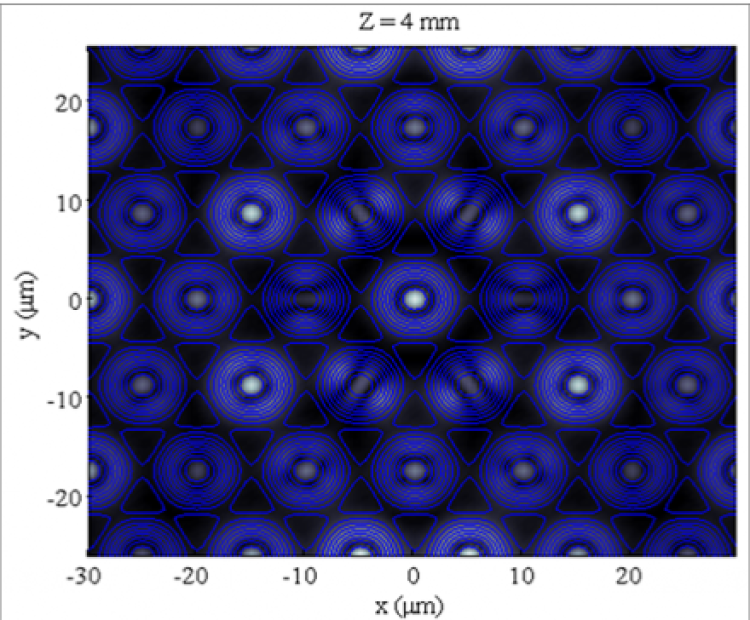ECEN 6006 Numerical Methods

Optical systems employ a rich array of physical effects which are described by well-understood equations. However, for all but the simplest devices these equations are typically too complex to permit closed-form solutions. Numerical methods are thus both essential and powerful for predicting the performance of photonic devices. The goal of this class is to enable students to create their own tools customized to specific needs as well as understand the operation and limitation of algorithms used in existing packages.
The course will develop your ability to rapidly create and exercise numerical design tools. There will be no traditional homework or tests, instead students code and apply a series of different numerical tools. These include finite difference time domain, beam propagation, optical diffraction tomography, and coupled modes. By the end of the semester, students will thus have both a full toolkit of computational methods and also the well-practiced ability to create them as needed.
Computer use: Heavy. Each assignment will involve both programming and data visualization. Typical languages are Mathematica, Matlab and IDL. Students can use whichever they are most comfortable with.
Lab: None
Text: No text. We will read classic papers on various methods.
Fall 2022 Syllabus
Lecture Notes
Homework
Reader


